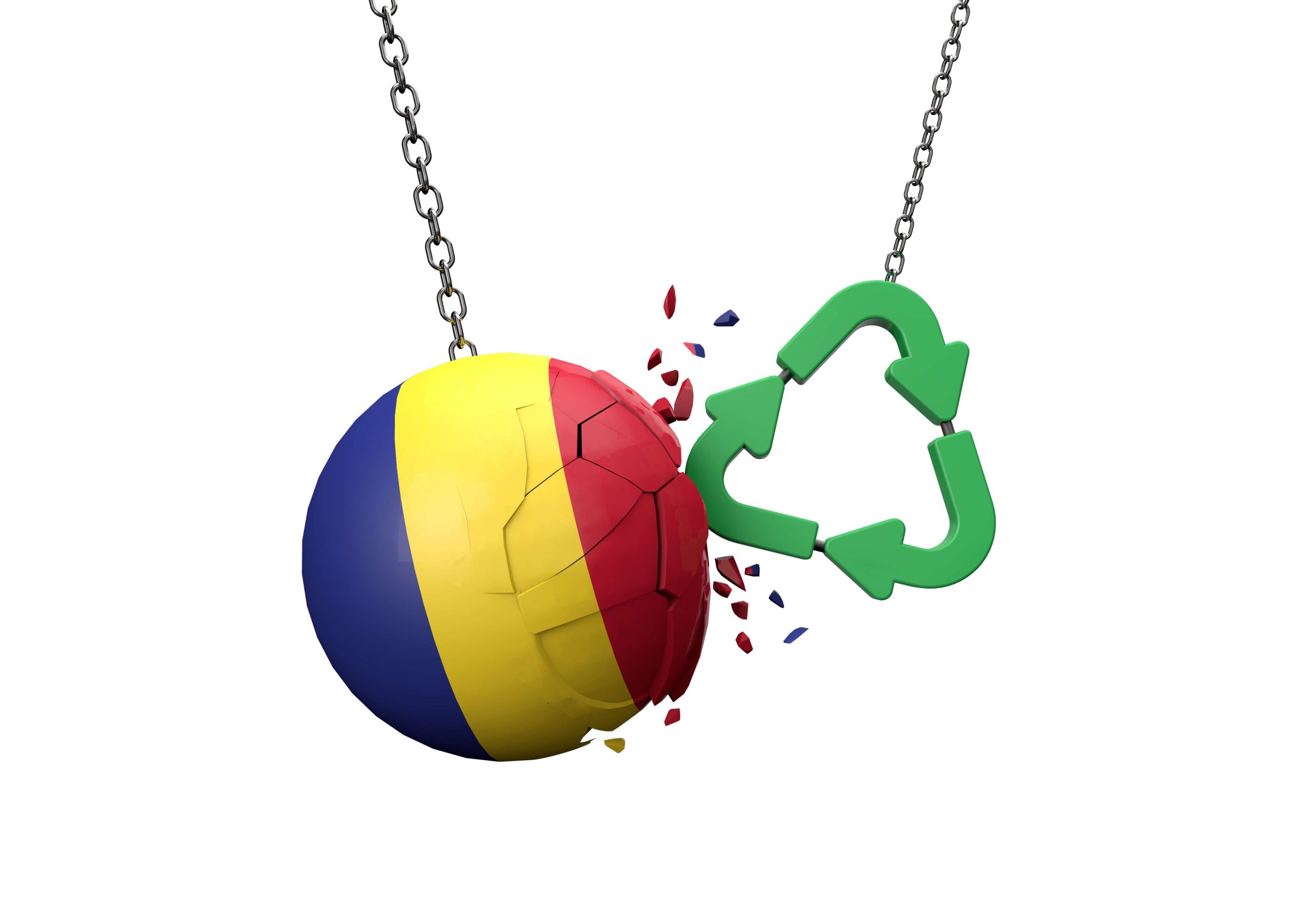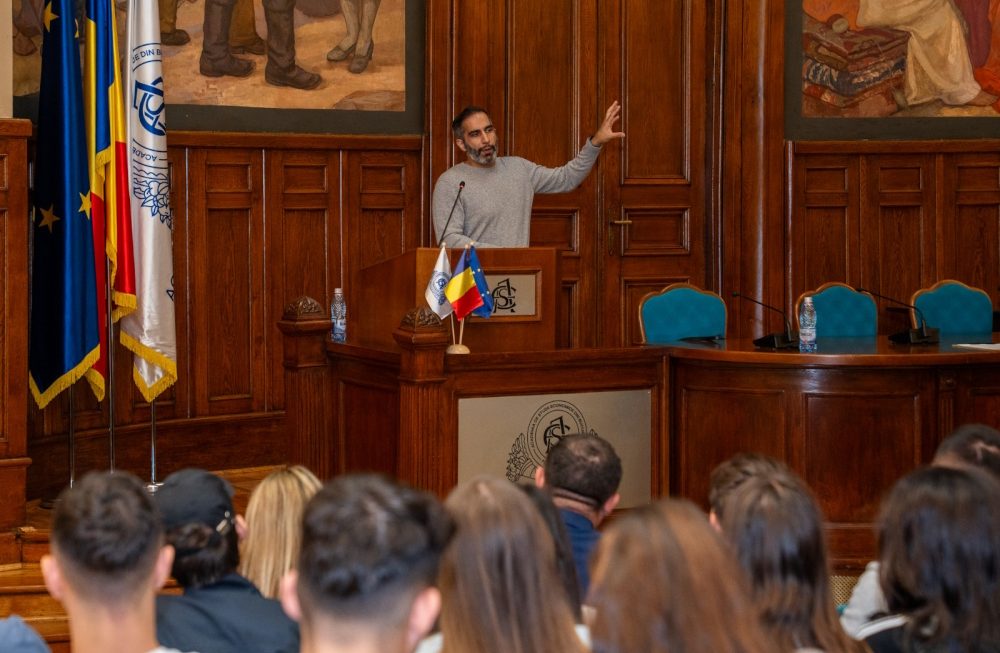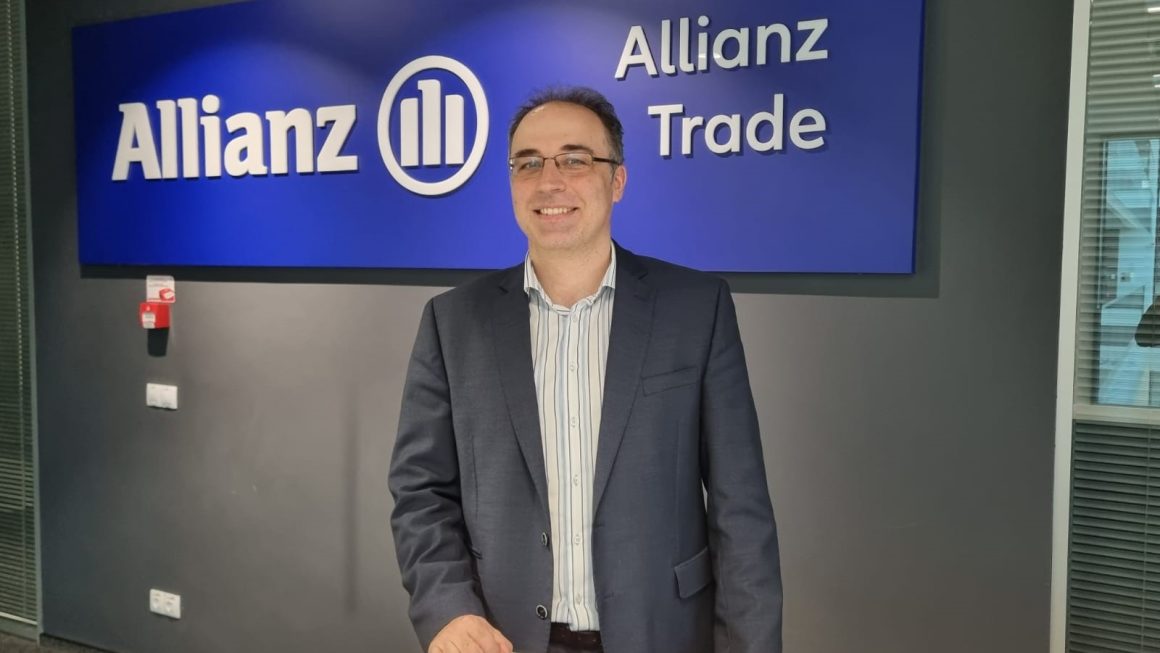
What a waste!
Foto: InkDropCreative / depositphotos.com
If there is one particular area of public policy in Romania requiring urgent action, it is by far the environment. On all environmental fronts Romania is lagging far behind other countries, being targeted over the years by numerous infringement proceedings conducted by the European Union.
Take air quality, one of many aspects to often attract criticism by European institutions and the Romanian civil society alike. Following proceedings opened in 2009, the EU‘s Court of Justice ruled last year that Romania had not fulfilled its obligations to reduce air pollution, allowing for systematic and persistent violation of limit values for harmful emissions in Bucharest.
Just how serious air quality should be taken is revealed by a report published last year by the European Environmental Agency: up to 30.000 Romanians suffer a premature death due to exposure to air pollutants, mainly PM 2,5 (particle matters under 2,5 microns), NO2 and/or O3.
Quoting the WHO and other institutions, the EEA report lists a staggering impact of air pollution: heart disease and stroke, lung diseases and lung cancer, reduced lung function, respiratory infections and aggravated asthma. Maternal exposure to ambient air pollution is associated with adverse impacts on fertility, pregnancy, newborns and children. „There is also emerging evidence that exposure to air pollution is associated with new‐onset type 2 diabetes in adults and it may be linked to obesity, systemic inflammation, Alzheimer‘s disease and dementia“, the EEA mentions. And even COVID-infections are made worse, latest research shows.
The main source of air pollution – at least at the urban level – is thought to be the heavy traffic and the many construction sites. Indeed, since Romania scrapped an environmental tax on older cars in 2016, the import of imported second hand automobiles with polluting engines exploded.
But there is a different story involved here as well. Experts and activists were puzzled when especially in Bucharest during the acute phase of the COVID lockdown last spring pollution values went dangerously up at times when traffic was significantly reduced and many construction sites had been closed. But if traffic and constructions weren‘t causing the sensors to go haywire and the people to complain about horrible smells, what was? They had to look elsewhere for the main culprit. Soon it became clear that one other major source of poisoning the air was the illegal burning of waste in the small villages near Bucharest.
Waste incineration has become a growing problem in the past years. In some cases, waste is imported and declared as second-hand appliances, only to land on legal or illegal dump sites, where it is burned or buried.
Long before the country joined the European Union in 2007, badly constructed landfills, legal or not, had been poisoning groundwater and air. In the course of preparing Romania‘s accession to the EU Brussels and Bucharest negotiated targets to close some of those landfills and to rehabilitate others. But even 14 years after Romania became a member of the EU it fails to comply with the targets, which is why the Commission triggered infringement procedures in this area as well. For instance, in late October last year, somewhat ignored because of the pandemic, the European Commission slapped Romania with yet another letter of formal notice. It calls on Romania to close, seal and ecologically restore 15 illegal landfills that benefited from a transitional period according to its Accession Treaty.
These 15 landfills referred to by the Commission are the last of more than 100 substandard landfills which benefited from a transitional period and should have been closed by July 2019. According to the information received from Romania, 86 landfills are now closed and rehabilitated. The timeline for the closure and rehabilitation of the 15 remaining landfills is uncertain as for most of these landfills the closure works have not yet started, Brussels criticized last year.
The real figure of illegal dumpsites is however much higher – in early March Environment Minister Barna Tanczos said that no less than 212 sites have been discovered near Bucharest alone, covering a total area of 100.000 square meters.
But waste management is a key component not just from an environmental point of view. It has also significance for the economy. Waste is not just garbage, it is also a valuable resource, which is why the EU keeps a watchful eye on how much waste is reused in what is called a circular economy. The EU Environmental Implementation Review of 2019 states for Romania that the circular (secondary) use of material was only 1,5% in 2015, significantly below the EU-28 average of 11,7% and even down on previous years.
According to a report by Bucharest based NGO Expert Forum, Romania comes in last in the recycling ranking: each year, an inhabitant recycles 20 kg of waste in Romania, while the average in the EU is 144 kg. Conversely, the country comes in first in the landfill disposal statistics, with each inhabitant dumping 192 kg of waste every year on landfills, compared to an average of 114 kg per year in the EU. This comes as no surprise, the report suggests, since the landfill taxes are ridiculously low.
With a recycling rate of only about 14%, Romania is thus far away from meeting the target of 50%.
Interestingly enough, according to Eurostat figures Romania generates the lowest amount of municipal waste in the EU – only 280 kg per year and inhabitant, compared to 844 kg in Denmark. However, in the report from 2020, Expert Forum warns that many statistics are unreliable, because even though the methods follow European guidelines, the reporting is based on figures vaguely reported by local and regional authorities, waste disposal companies, and other actors involved.
Recycling could be improved by selective waste collecting. But despite mandatory by law, such a system remains an illusion in many towns and cities. Bucharest, where an estimate of 20% of all Romania‘s municipal waste is generated, lacks a city-widesystem and relies on six different companies, each dealing in their own way with collecting and disposing of waste in the six districts. After the local elections in most of the districts new mayors and council majorities emerged, upending some of the entrenched deals. In the 1st District, a legal dispute between the new mayor Clotilde Armand and the waste disposal company Romprest left the city center for days with unsavory mountains of garbage. Even households on streets in affluent areas downtown do not always have separate cans for plastic, metal, glass, and paper. Environmentally aware citizens are left to fend for themselves, taking recyclable waste to containers on grand avenues – an eyesore for a modern city.
Trying to dispose of construction waste after repairs proves to be equally challenging for small households, even though there is a target of reusing and/or recycling 70% of this kind of waste. Most of it lands on illegal sites.
The new Mayor General of Bucharest and the new District Mayors are now at least discussing a comprehensive municipal strategy for improving waste collection, and newest developments suggest a more decisive action against people dumping waste on illegal landfills.
A great step forward would be an effective system for dealing with packaging waste. Citizens and activists invested a great deal of hope in a new deposit system, under which an extra amount of RON 0,5 was meant to be charged for many beverages, while making it mandatory for shops to pay back this amount to customers returning the glass, aluminum, and plastic recipients.
Legislation was drafted and submitted to public debate, but at the moment it is stuck, after representatives of the big retail chains and of smaller shops made clear that from their point of view the mechanism is poorly designed. Among other things, in a letter published in December 2020 they claim that the non-profit system administrator, in which they will have little say, will control a market of about EUR 600 million, while retailers will be asked to come up with the money for the necessary investments in human resources and extra storage space. The draft legislation wants to enact a system that looks like a monopoly, while the administrator will effectively own the recipients collected, the retail sector suggests. One of the main promoters of the legislation, Mircea Fechet, a former Minister of the Environment and currently a Member of Parliament dismissed these claims, saying that retailers will have a stake in the NGO which will eventually operate the deposit system.
Other economic actors are however more keen on a speedier regulation. In an online TV show produced by business newspaper Ziarul Financiar, representatives of the Romanian beer brewers and beverage industry said that producers are interested in the rapid adoption of a legal framework allowing them to use a growing amount of recycled plastic in packaging instead of producing it from scratch. A matured deposit system might lead to a recycling rate of about 90%, translating to lower costs.
Romanian citizens, authorities, and businesses seem to become more aware that bad waste management
threatens the quality of life and an efficient system allows them to save money. And that there are large amounts of EU funds to pay for projects to improve collection and recycling of waste. The bad news, however, is that money was available until now as well and very little has been done with it.
Alex Gröblacher
Share
Share















